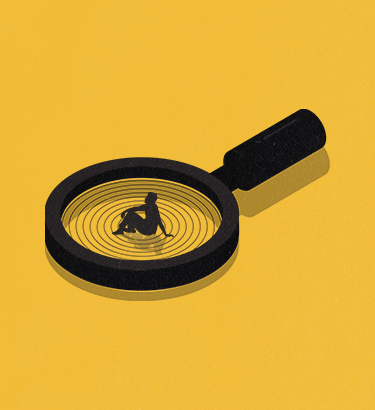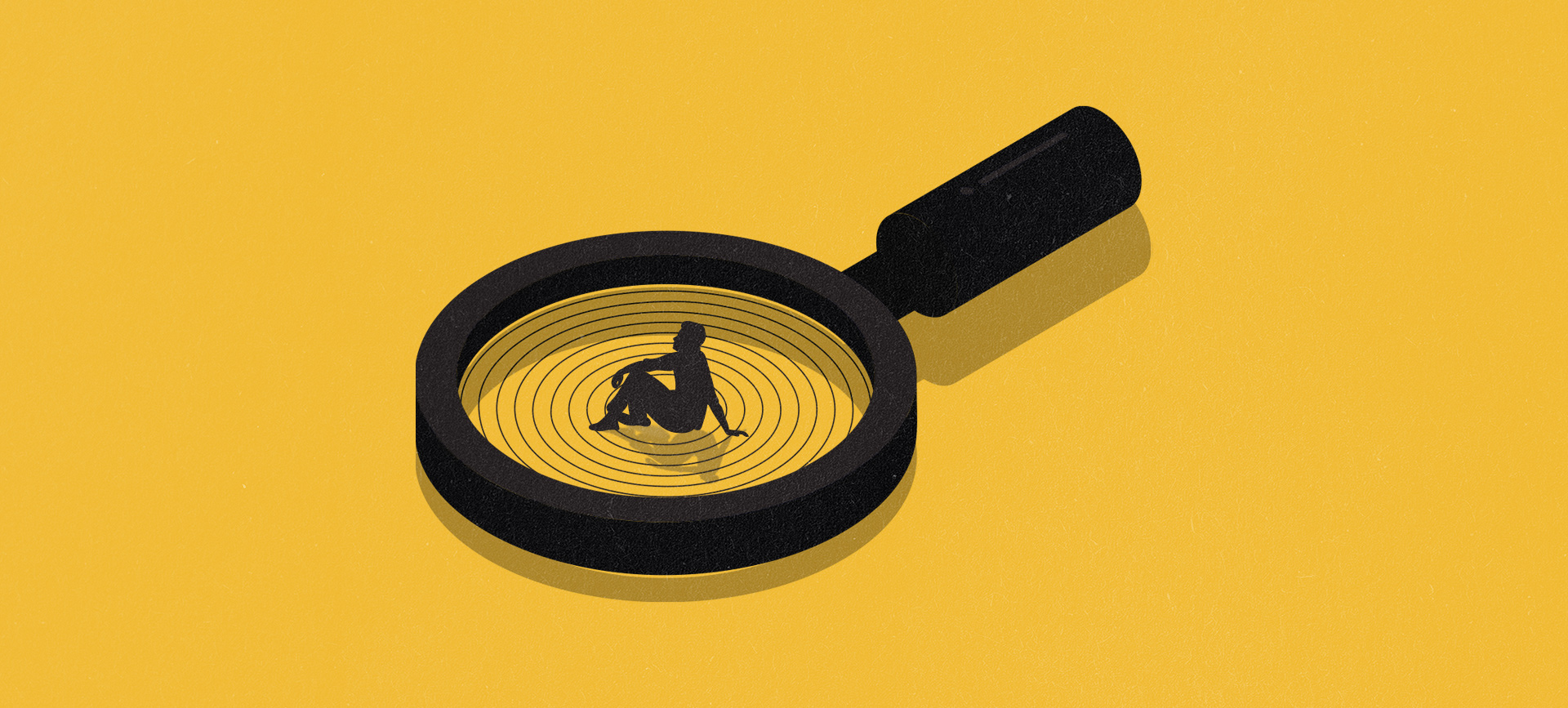People with depersonalization/derealization disorder know better than most that feeling disconnected from yourself and your surroundings can be disturbing and difficult to cope with—especially if you have a hard time explaining your experience to your doctor or those around you.
Depersonalization/derealization disorder affects an estimated 1 percent to 2 percent of U.S. adults at some point in their lives, according to the Cleveland Clinic. Yet, the general public doesn't have as much of an awareness for the condition as they do for other disorders that occur at a similar rate, such as obsessive-compulsive disorder (OCD).
Although experts tell us we all may experience rare and fleeting moments of depersonalization or derealization—that is, feeling disconnected from and unfamiliar with ourselves or our surroundings—for people with depersonalization/derealization disorder, those feelings could become chronic, either persisting constantly or occurring in recurrent episodes.
The United Kingdom–based charity Unreal seeks to spread awareness of this disorder, as well as provide support for sufferers. Joe Perkins, a trustee of the charity, said patients he works with have noted challenges in getting diagnosed due to a lack of awareness of the disorder. Perkins, who has had depersonalization/derealization disorder for the past 14 years, experienced similar challenges.
"The awareness of [depersonalization/derealization disorder] in general, and even in medical circles, is really, really low," he said. "So, myself and the people that I've spoken to who also have it, we've had the experience of having these weird sensations, not knowing what they are, and then having years and years of misdiagnosis and people not believing [us] and trying various medications that just aren't appropriate for the problem, because no one knows about it."











